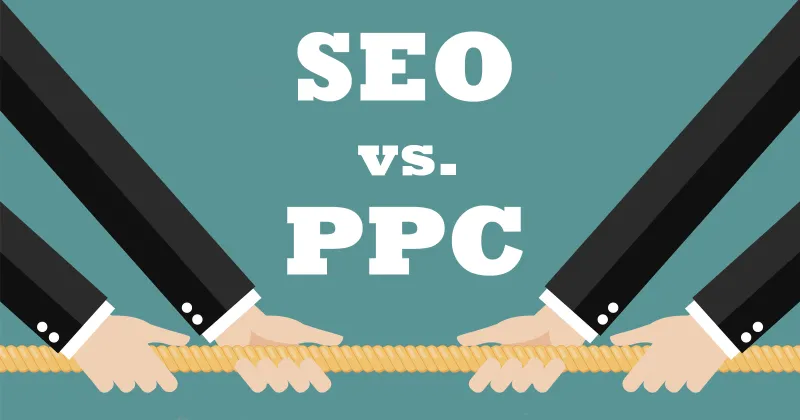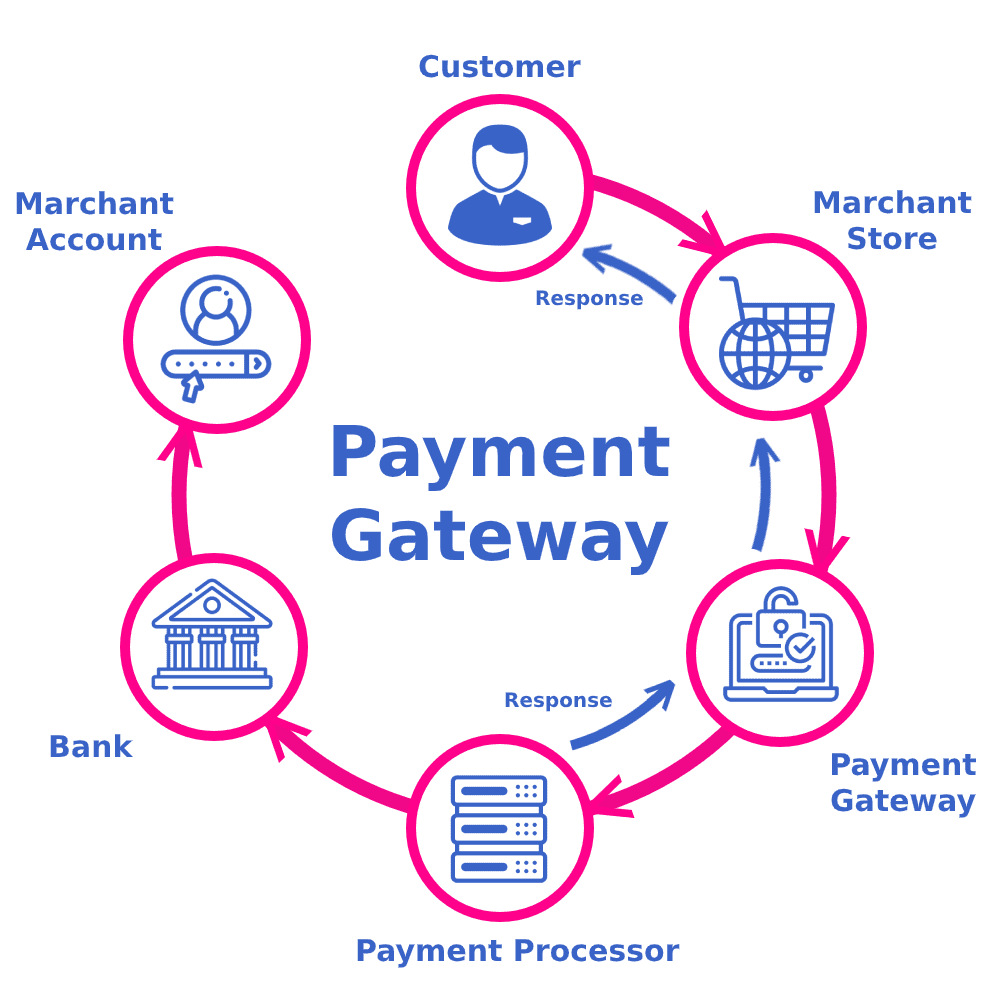A Small Business Owner's Guide to Link Juice:
A Small Business Owner’s Guide to Link Juice:
As a small business owner, you’ve likely heard the term “link juice” thrown around in discussions about SEO and digital marketing. But what exactly is link juice, and why is it so important for your website’s success?
In this post, I will jump into the concept of link juice, explain how it impacts your small business website, and provide actionable tips to harness its power effectively.
Link juice is a term used in SEO to describe the value or equity passed from one website to another through hyperlinks. When a high-quality website links to your site, it transfers some of its authority and credibility to your site. This transfer of value can significantly boost your site’s search engine rankings, making it more visible to potential customers.
Why Does Link Juice Matter?
Link juice matters because it is one of the key factors that Google uses to determine the relevance and authority of a website. Essentially, it’s a vote of confidence from one site to another. The more quality link juice your website receives, the higher it can rank in search engine results pages (SERPs). For small businesses, higher rankings mean increased visibility, more traffic, and ultimately, more customers.
How Link Juice Works The Basics of Link Juice Flow:
When a website links to another site, it passes some of its SEO value to the linked site. This value is not equally distributed; instead, it depends on several factors, such as the linking site’s authority, the number of outbound links on the page, and the relevance of the linked content. Therefore, receiving a link from a reputable site within your industry can be more beneficial than multiple links from low-quality sites.
Internal Links and Link Juice
It’s important to note that link juice doesn’t just flow through external links; internal linking within your own website also plays a crucial role. Proper internal linking can help distribute link juice throughout your site, ensuring that even less prominent pages receive some SEO value. This helps search engines understand the structure of your site and the importance of each page.
Strategies to Maximize Link Juice for Your Small Business Website
1. Create High-Quality Content
Content is king when it comes to attracting link juice. By creating high-quality, valuable content, you increase the likelihood of other websites linking to your site. Blog posts, infographics, case studies, and whitepapers are all excellent types of content that can attract links. Focus on providing real value to your audience, and the links will follow.
2. Build Relationships with Industry Influencers
Building relationships with industry influencers can significantly enhance your link-building efforts. Influencers often have established authority and large audiences. By collaborating with them through guest posts, interviews, or social media mentions, you can earn valuable links that boost your site’s SEO.
3. Leverage Guest Blogging
Guest blogging on reputable websites within your industry is a proven strategy for earning link juice. When you contribute high-quality content to another site, you often get the opportunity to include a link back to your own site. This not only drives traffic but also transfers link juice, enhancing your site’s authority.
4. Optimize Your Internal Linking Structure
Optimizing your internal linking structure ensures that link juice is effectively distributed throughout your website. Use descriptive anchor text and link to relevant pages within your site. This helps search engines understand the context and importance of each page, boosting your overall SEO performance.
5. Monitor and Recover Lost Links
Regularly monitor your website’s backlinks to identify and recover lost links. Tools like Ahrefs and Moz can help you track your backlinks and notify you when links are lost. Reach out to the linking sites to request reinstatement of the links or find alternative ways to regain the lost link juice.
Common Mistakes to Avoid
1. Focusing on Quantity Over Quality
While it may be tempting to accumulate as many links as possible, focusing on quantity over quality can backfire. Low-quality links from spammy or irrelevant sites can harm your SEO rather than help it. Always prioritize quality over quantity in your link-building efforts.
2. Ignoring Internal Links
Neglecting internal linking is a common mistake that can hinder your SEO performance. Make sure to strategically link to relevant pages within your site to distribute link juice effectively. This not only helps with SEO but also improves the user experience by guiding visitors to related content.
3. Not Diversifying Your Link Sources
Relying on a single source for links can make your site vulnerable to changes in that site’s authority or link strategy. Diversify your link sources by targeting different types of sites, such as blogs, news sites, and industry directories. This creates a more robust and resilient backlink profile.
Conclusion
Understanding and effectively utilizing link juice is essential for small business website design and management. By focusing on high-quality content, building relationships with influencers, leveraging guest blogging, optimizing internal links, and monitoring backlinks, you can maximize the link juice flowing to your site. Avoid common mistakes like prioritizing quantity over quality, ignoring internal links, and failing to diversify your link sources.
Remember, link juice is a powerful tool in your SEO arsenal. By harnessing its potential, you can improve your website’s search engine rankings, attract more traffic, and ultimately grow your small business. So, start implementing these strategies today and watch your online presence thrive.
A Small Business Owner's Guide to Link Juice

A Small Business Owner’s Guide to Link Juice
How to Handle Link Juice for Better SEO
In the world of SEO, getting a grip on Link Juice is super important. It plays a big role in how visible and high-ranking your website is on search engines. To get the best results, businesses often use smart link-building and internal linking strategies.
So, How Do You Measure Link Juice?
Measuring Link Juice means looking at different factors to see how it affects a webpage’s SEO. There’s no exact number for “Link Juice,” but several indicators can help you figure out the strength and quality of links. Here are some key points to consider:
1. Domain Authority (DA) and Page Authority (PA):
– Tools like SEMrush, Ahrefs, and Moz give scores from 0-100, showing the overall strength of a domain or page. Higher scores mean more potential Link Juice.
2. Number and Quality of Backlinks:
– Check out the number and quality of backlinks using tools like Ahrefs, SEMrush, or Moz. Look at factors like domain diversity, anchor text, and link context to evaluate backlink profiles.
3. Relevance of Source Content:
– Think about how relevant the content on the linking page is to the linked-to page. A link from a highly relevant source is likely to pass more useful Link Juice.
4. Contextual Links:
– Links within the main content are more valuable than those in footers or sidebars. Contextual links send a stronger signal to search engines.
5. Internal Linking Structure:
– Look at your website’s internal linking structure. Good internal links spread Link Juice effectively, boosting overall SEO health.
6. Traffic and Engagement Metrics:
– Check the traffic and engagement metrics of the linking page. A link from a page with high user engagement suggests a more influential source.
7. Social Media Signals:
– Consider the social signals linked to a page. A strong social presence means greater visibility and potential influence.
8. Use of Nofollow and Dofollow Attributes:
– Understand the rel=”nofollow” attribute, which shows if a link passes Link Juice. This is key for assessing the impact of links.
Why Does Link Juice Seem Like Magic?
Link Juice can feel mysterious because Google’s algorithms are always changing. With around 5000 changes a year, including major updates, it’s hard to predict the rules. SEO is a mix of science, intuition, guessing, and luck because of this ever-changing landscape.
Watch Out for False SEO Promises:
Promises of quick front-page results always involve Black Hat SEO tactics, like link-farming, which can get you penalized or banned from Google. Ethical SEO practices focus on long-term results, leading to gradual ranking improvements over weeks or months.
For more tips, check out SEMrush’s free link-building resources [here]
That’s the scoop on Link Juice. I’d love to hear your thoughts and questions!
Take care,
#ThePragmaticTechie,
Frank Joseph Rodgers






















